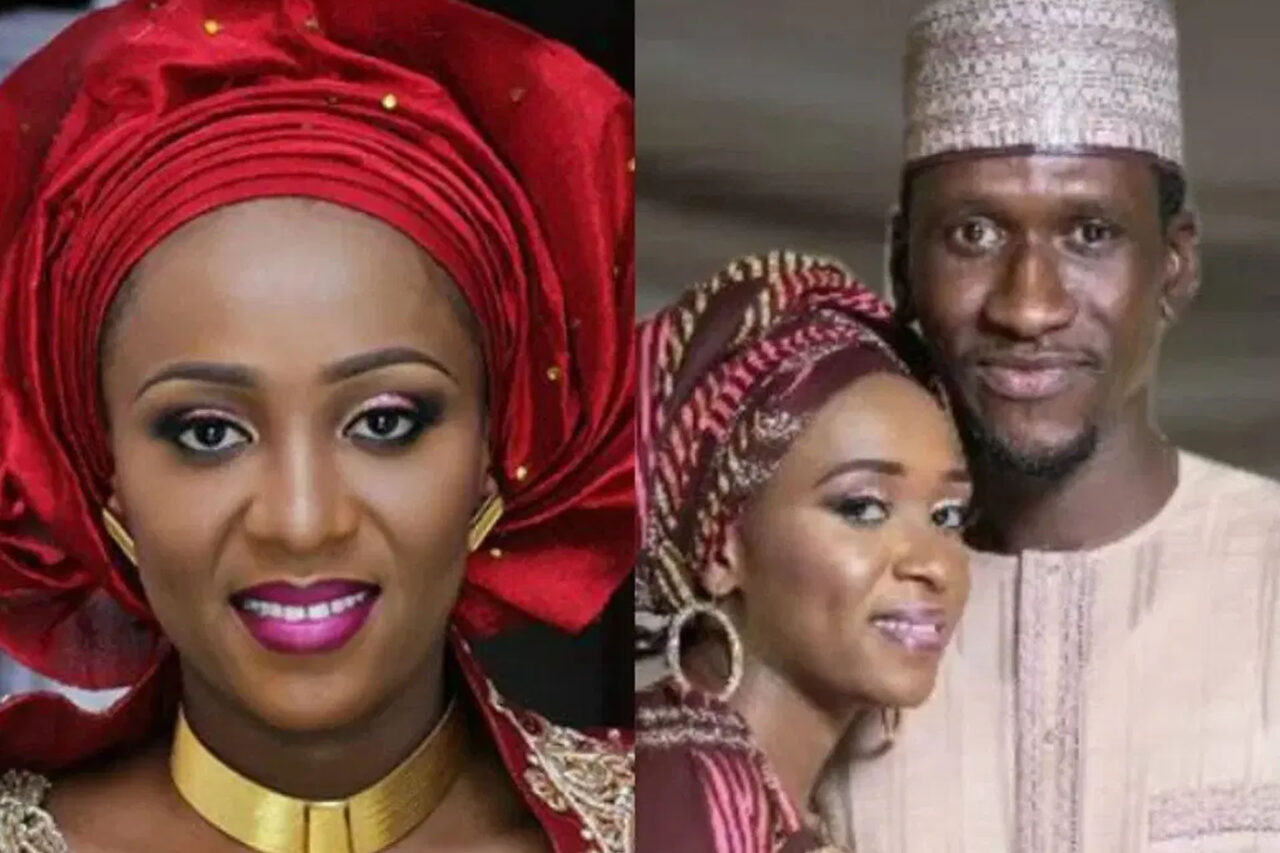The former death-row inmate was convicted in 2020 for killing her husband, Bilyamin Bello.
President Bola Ahmed Tinubu has granted pardons, commuted sentences, and reduced jail terms for a total of 175 convicts and former convicts, including high-profile figures, capital offenders, and dozens of illegal miners.
The announcement was made on 9 October via a State House press release, with details of the beneficiaries of the pardon published on 11 October.
The sweeping exercise of presidential prerogative of mercy saw posthumous pardons for colonial era and military era figures, such as Sir Herbert Macaulay and Major General Mamman Jiya Vatsa; the controversial Ogoni Nine, including Ken Saro-Wiwa; capital offenders like Maryam Sanda; as well as many drug offenders, white-collar convicts and illegal miners.
The Breakdown
According to the State House release, the Presidential Advisory Committee on the Prerogative of Mercy, chaired by the Attorney-General and Justice Minister, Prince Lateef Olasunkanmi Fagbemi, recommended a variety of outcomes.
Two inmates and 15 former convicts (11 of whom are deceased) were pardoned, 82 inmates received clemency (i.e. full or partial relief), 65 inmates had their sentence reduced, and seven inmates had their death sentences commuted to life imprisonment.
Prince Fagbemi presented the committee’s report at a Council of State meeting chaired by President Tinubu.
The criteria behind the mercy decisions, as cited in the press release, include: remorse and good conduct, old age, the acquisition of vocational skills, enrolment in the National Open University of Nigeria (NOUN), and attempts to correct historical injustice (in the case of Sir Herbert Macaulay).
The Beneficiaries
Among those pardoned outright are: Nweke Francis Chibueze, serving a life sentence at Kirikiri for cocaine; Dr Nwogu Peters, aged 67, serving a 17-year sentence for fraud (sentenced in 2013); Mrs Anastasia Daniel Nwaoba, aged 63, who had already served a fraud sentence; Barr. Hussaini Alhaji Umar, aged 58, was fined in an ICPC case in 2023; Ayinla Saadu Alanamu, aged 63, was sentenced for bribery in 2019 and served the sentence; and Hon. Farouk M. Lawan, aged 62, was formerly convicted of corrupt practices in 2021.
Sir Herbert Macaulay, convicted by British colonial courts in 1913 and banned from public office, was posthumously pardoned, with Tinubu’s administration describing the action as a correction of “historic injustice.”
Also granted a posthumous pardon was Major General Mamman Jiya Vatsa, executed in 1986 for an alleged coup plot.
Perhaps most controversial is the full pardon of the Ogoni Nine: Ken Saro-Wiwa, Saturday Dobee, Nordu Eawa, Daniel Gbooko, Paul Levera, Felix Nuate, Baribor Bera, Barinem Kiobel, and John Kpuine, who were executed in 1995 under the military regime of General Sani Abacha.
In conjunction, the government also officially honoured the Ogoni Four (Chief Albert Badey, Chief Edward Kobaru, Chief Samuel Orage, Chief Theophilus Orage) as victims, not as beneficiaries of the pardon.
On the clemency/sentence reduction front, the list includes: dozens of illegal miners, many convicted in 2024 (e.g. Babangida Saliu, Adamu Sanni, Abdulrahman Babangida, among others); Maryam Sanda, aged 37, condemned to death in 2020 for culpable homicide; she spent six years, eight months in Suleja Medium Security Custodial Centre. Her family had pleaded for mercy citing her remorse, good conduct, and the welfare of her two children; Professor Magaji Garba, aged 67, convicted in 2021 for obtaining money by false pretence; prison term reduced due to good conduct and advanced age; and Major S.A. Akubo, aged 62, formerly sentenced to life for illegally removing weapons; sentence commuted to 20 years.
Inmates on death row whose sentences were commuted to life include Emmanuel Baba, Emmanuel Gladstone, Moses Ayodele Olurunfemi, Abubakar Usman, Khalifa Umar, Benjamin Ekeze, and Mohammed Umar.
Reactions
While many Nigerians have welcomed the gesture as an expression of mercy and an opportunity for reconciliation, the clemency list has not been without controversy.
One particularly contentious case is Maryam Sanda.
Josef Onoh, the President’s spokesman in the South East, publicly challenged the pardon, calling for it to be revoked.
He argued that it was “morally wrong and a rape of justice” to grant clemency to capital offenders such as Sanda and “drug dealers.”
Onoh said such acts “inflict psychological trauma on victims’ families,” and “erode the foundational deterrence mechanisms essential for societal stability.”
Critics of the pardon of the Ogoni Nine have also raised serious objections.
Human rights and Niger Delta groups argue that the term “pardon” suggests guilt, which they reject, demanding full exoneration instead.
The rights groups believe a pardon is insufficient, stating: “A pardon is given to people who have been convicted of wrongdoing … the trial and execution of the Ogoni Nine were unjust and lacked credible evidentiary basis.”
- Tinubu Welcomes Egbetokun’s Resignation, Appoints Tunji Disu as Acting IGP - February 25, 2026
- Tinubu Welcomes Egbetokun’s Resignation, Appoints Tunji Disu as Acting IGP - February 25, 2026
- Paris Saint-Germain’s Achraf Hakimi to Stand Trial over Rape Allegation - February 25, 2026

